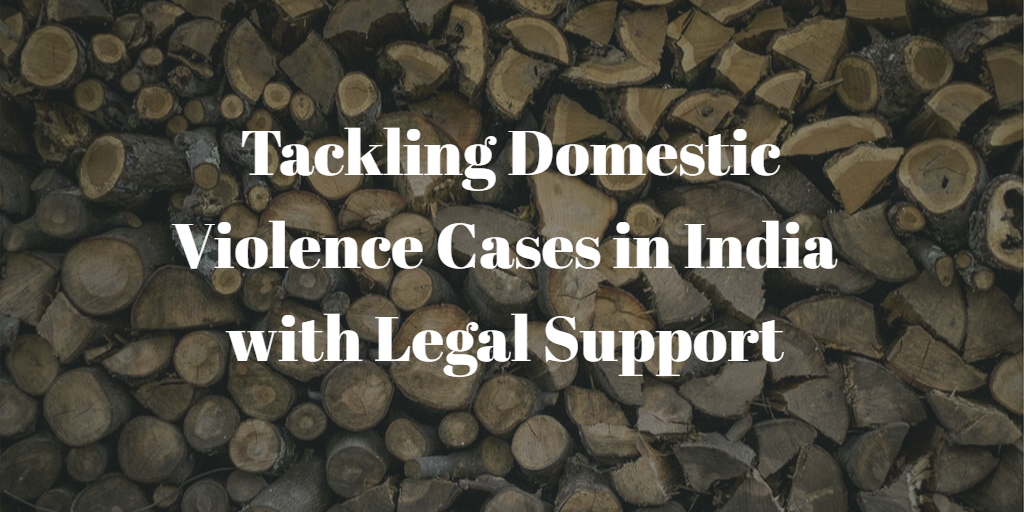Approaching domestic violence cases in India with the best support from a family lawyer

Table of Contents
Understanding Domestic Violence in India
The involvement of a family lawyer in cases of domestic violence
Legal Provisions for Victims of Domestic Violence
Benefits of Hiring a Family Lawyer
Choosing the Right Family Lawyer
1. Understanding Domestic Violence in India
Domestic violence in India encompasses a wide range of abusive behaviors, including physical, emotional, sexual, and economic abuse, within a family or intimate relationship. The Protection of Women from Domestic Violence Act (PWDVA), 2005, provides a legal framework to protect victims and punish offenders.
2. The involvement of a family lawyer in cases of domestic violence
A family lawyer plays a crucial role in domestic violence cases by:
Providing legal advice and support to victims
Assisting in filing complaints and navigating the legal system
Representing victims in court proceedings
Helping obtain protective orders or injunctions against abusers
Advocating for victims' rights and seeking fair compensation or relief
3. Legal Provisions for Victims of Domestic Violence
The PWDVA provides various legal provisions to protect victims of domestic violence, including:
Right to file a complaint with the police or a protection officer
Right to seek protection orders, which may include restraining orders, residence orders, or monetary relief
Right to free legal services through protection officers or legal service authorities
Right to access medical and counseling services
4. Benefits of Hiring a Family Lawyer
Hiring a family lawyer to handle your domestic violence case offers numerous advantages:
Expert guidance: A family lawyer can provide essential legal advice and help you understand your rights and options.
Legal representation: A skilled lawyer can act on your behalf during court proceedings and engage in negotiations with the perpetrator.
Confidentiality: A family lawyer can help protect your privacy and handle your case with sensitivity and compassion.
Speedy resolution: A skilled lawyer can expedite the legal process, increasing the chances of a timely and favorable outcome.
5. Choosing the Right Family Lawyer
When selecting a family lawyer to handle your domestic violence case, consider the following factors:
Experience: Choose a lawyer with a proven track record in handling domestic violence cases and a deep understanding of the relevant laws.
Specialization: Look for a legal expert who specializes in family law and has experience in dealing with domestic violence cases.
Reputation: Seek recommendations from friends, family, or online reviews to find a reputable and trustworthy legal advisor.
Communication: Opt for a legal expert who is responsive, accessible, and willing to explain complex legal concepts in a clear and empathetic manner.
By understanding the role of a family lawyer in domestic violence cases and the legal provisions available to protect victims, you can take the necessary steps to seek the support and protection you deserve. Hiring an experienced family lawyer not only ensures that your rights are upheld but also provides the emotional support and expert guidance you need to navigate the complexities of the legal system. Remember, you don't have to face domestic violence alone – seeking professional legal assistance can make all the difference in achieving a favorable outcome.


